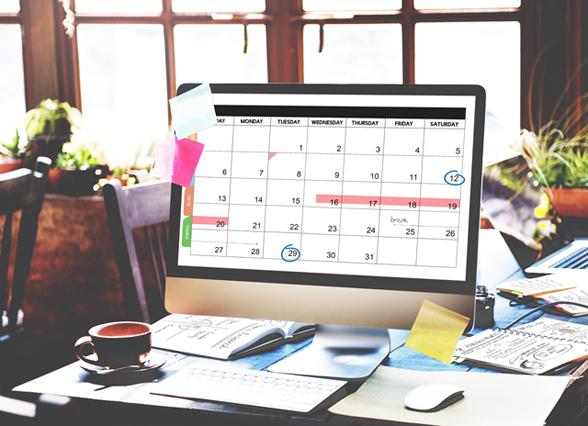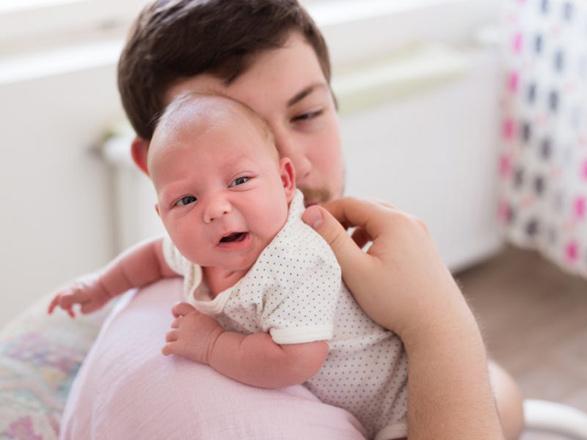You are here
Vacation time
By Aseel Salhab , Family Flavours - Jun 19,2022 - Last updated at Jun 19,2022

Photo courtesy of Family Flavours magazine
By Aseel Salhab
Infant and Child Sleep Consultant
As you prepare for summer break, and if you have young children, don’t let this stop you from vacationing together as a family. Studies indicate that vacationing away from work and routine is beneficial for your mental and physical health. Here are the benefits and challenges of travelling with young children:
Why do we need a vacation once in a while?
•Improved physical health: With less stress, your body functions better by lowering the level of cortisol
•Improved heart health: Taking vacations could help reduce the risk for metabolic syndrome — a cluster of health issues including high blood pressure, high blood sugar, excess belly fat and abnormal cholesterol levels
•Improved mental health: With exposure to stress, the neurotransmitters in your brain alter how the brain functions. Vacation time improves mood and reduces stress by removing you from the activities and environments that you associate with stress and anxiety
•Greater wellbeing: After a vacation, your body is more relaxed, you get better sleep, are in a better mood and have more energy to offer your family and work
•Improved sleep: Time off from work and household responsibilities help break negative sleep habits, like working late or checking your mobile phone before bed or in the middle of the night
•Increased mental capacity: Going on vacation gives your body and brain a boost to stay positive. It also improves your capacity to learn. There’s a link between travel and creativity too!
•Boost happiness: Many studies reveal that even planning a trip helps boost your serotonin levels which is the happiness and mood stabiliser hormone
Travelling with babies and young children
Many parents fear travelling with their children, worrying about long packing lists, unpredictable schedules and the break from routine. While travelling with a child at any age may seem like a daunting prospect, it can significantly boost their development and help them adapt to changing situations.
Travelling regularly with young children and babies as young as six months and surrounding them with speech and sound from all around the world can help them later on in life with their language development.
Travelling tips
•Writing your travel list two weeks ahead: List all of your child’s needs, including formula milk, bottles, medications, nappies and wipes
•Arriving three hours earlier than the flight time: This makes it easier for parents to take their time at check-in, bathroom runs, shopping and getting a light snack before boarding
•Considering flight time: Try your best to book your flight when it’s your baby’s nap time
•Nappy change: Change your baby’s nappy before boarding the aeroplane and take older children to the airport restroom before the flight
•Planning for discomfort: Help your baby adjust to changes in cabin pressure by encouraging swallowing during takeoff and landing; you can breastfeed or use a pacifier
•Packing smart: Make sure nappies, wipes, a change of clothes, books and toys are easily accessible
Activities to keep your child busy on the aeroplane
•Reading books
•Magnetic games
•Card games
•Workbooks or activity books
•Card games
•Colouring books
•Healthy snacks
•Children’s movies downloaded before you fly
Helping your baby overcome jetlag
•Planning ahead: You can start the transition to the new time zone a few days before departure to ensure your child is close to the new time zone, making travel and sleep easier. For example, shift nap times, mealtimes and bedtime in 15-minute increments, either earlier or later, depending on what direction you are going
•Watching your baby’s sleeping cues: Put your baby to sleep the moment you arrive to prevent her or him from being overly tired. Wake your baby up the next day, early in the morning, to get them back in their routine again
•Offering snacks: Keep the feeding and the snacking time as you usually do at home
•Going out if you arrive in the daytime: This will help adjust to the daily routine and get your child sleeping at night
Remember, this is only a vacation and everything gets back to normal once you’re back home. Try to enjoy as much as you can as you create memories with your child. Time does fly!
Reprinted with permission from Family Flavours magazine
Related Articles
It’s never too early or too late to foster good sleep habits in your baby and ultimately help yourself get some much needed rest as well!
By Razan Rousan* If you are breast feeding • Start feeding as soon as possible; the earlier the better• Get in a comfortable posit
Women are taught to take care of others before taking care of themselves.


















